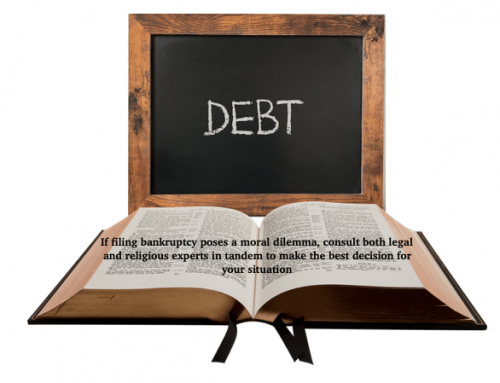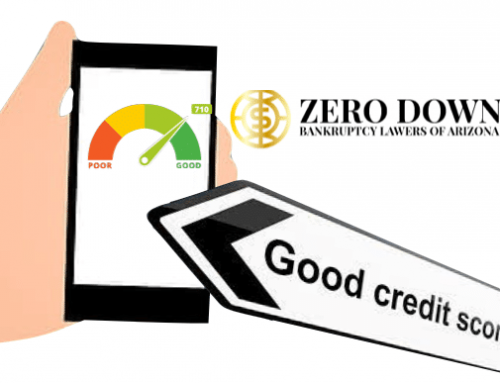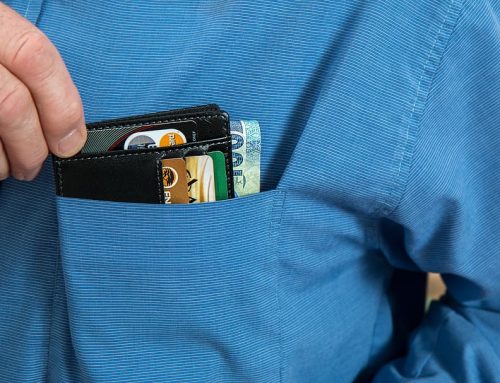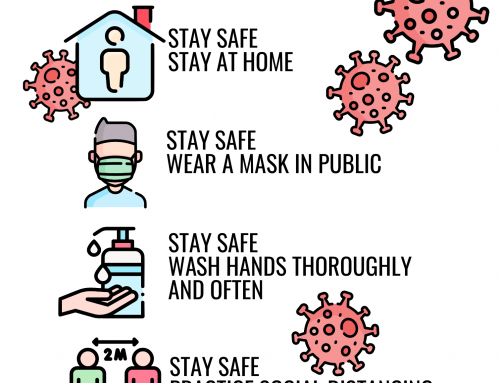
You need to find out exactly how filing for bankruptcy is going to impact those properties before you file. Making sure there are no surprises. Once you declare bankruptcy, any assets that a Trustee can get, they will attempt to do so as they receive a percentage of any assets they can find.
One of these assets that may concern you, an investment property. particular asset type you may be worried about is an investment property. Could you keep it in case you file bankruptcy? Possibly, but probably not without some consequences.
Investment Property in a Chapter Seven Bankruptcy
A Chapter seven Bankruptcy is a liquidation of the property of yours. If your purchase property has some equity in it all, which means it is really worth much more than what you owe on it, then your Chapter seven Trustee will likely need get possession of the home. The Trustee is going to sell it, after which disperse the proceeds of the sale to your creditors after first paying off all the liens and mortgages.
In case your home is upside down, which means you owe much more on it it’s really worth, then the Trustee of yours May not pursue it since they will get tiny if anything from offering it. HOWEVER, since your property are liquidated in a Chapter seven Bankruptcy, the Trustee of yours may really decide to have possession of the home along with short sale it. This applies even in case you elected to maintain the home and reaffirm the mortgage on your bankruptcy schedules.
If your Trustee decides to have possession of your respective purchase home in either of the situations above, you still may have the ability to maintain the property of yours. It’s likely to reach an understanding with the Trustee that you purchase back the property. This typically involves paying the Trustee the quantity of equity of the home or perhaps whatever proceeds the Trustee will get from offering it. Generally, you are able to make payments towards the purchase back amount more than twelve weeks.
Ideally, a chapter 7 bankruptcy is not the most ideal way to keep investment property when declaring bankruptcy. There are better methods of debt relief that may allow you to keep your property.
Investment Property in a Chapter 13 Bankruptcy
A Chapter thirteen Bankruptcy is a reorganization of the debt of yours and often allows you to hold all of the property of yours. If you’ve an investment property and also wish to help keep it, filing a Chapter thirteen Bankruptcy is most likely your best choice.
In case you’re getting rent which rent covers hundred % of the mortgage payment, then your Chapter thirteen Plan will likely stop being impacted by the purchase property. But in case you’re not getting rent or maybe the rent doesn’t cover hundred % of the mortgage, then you definitely are going to have paying the percentage of the mortgage payment which isn’t covered by your rental income to the unsecured creditors of yours. For example:
You’ve a homestead as well as an investment property which is now rented out. The mortgage payments of yours on your investment property are $2,000.00 per month. Nevertheless, you’re just obtaining a rent of $1,000.00 monthly. In order to maintain the expense property, you are going to have to keep earning the normal mortgage payment after which spend one more $1000.00 in your Chapter thirteen Plan to ensure that it stays. Though this may seem a difficult task.
A chapter 13 bankruptcy is a better debt relief option to keep your investment property when having to file for bankruptcy protection.
Chapter 11 Bankruptcy May Be an Option.
Filing a chapter 11 bankruptcy is another less popular option to protect your investments when filing for 
Not always, do you have a separate identity from your business. This creates problems that a chapter 11 will assist. Additionally, individuals will choose Chapter 11 if they can’t are unable to file Chapter 13. A couple reasons why someone wouldn’t file a chapter 13 is because you have debts that are too high to file chapter 13 or because your finances are too complex for a chapter 13 bankruptcy.
A Chapter 11 restructuring plan can help you balance your income and expenses. A chapter 11 also regains profitability and continuing operations as you restructure debt. During Chapter 11, you (the debtor) is able to sell some or all of your assets to pay down debt. In a typical situation, you filechapter 7 or chapter 13 rather than a chapter 11 bankruptcy, however, you should know that a chapter 11 is also available debt relief.
Protect Your Assets Prior to Bankruptcy
Protecting your assets is the most important consideration when considering bankruptcy. Therefore, asset protection is something to be considered. Plus, the key to asset protection is to engage in it long before you’re at the center debt relief proceedings. Once you are at that point, a lot of asset protection solutions have dissolved.
However, preparation of asset protection is completely fine. Thus, your actions won’t be viewed as fraudulent or in contempt of court. Additionally, you should seek guidance to assure the best asset protection that you can prior to engaging in any course of debt relief action. Preparation is key, a competent professional is essential.
In case you’ve assets and are considering filing bankruptcy, do talk with a lawyer first. A knowledgeable bankruptcy lawyer is able to help walk you through every possible situation so you understand what is going to happen to the assets of yours before you file the bankruptcy of yours. Regardless if you are seeking bankruptcy assistance in Phoenix, looking to protect assets in Tucson, or just wanting to make sure you have the best debt relief attorney, you should Contact our Arizona Bankruptcy Lawyers for a free consultation. Our bankruptcy lawyers offer 30 minute consultations and are available nights and weekends by appointment.
Arizona Offices:
Mesa Location:
1731 West Baseline Rd., Suite #100
Mesa, AZ 85202
Office: (480) 448-9800
Email: [email protected]
Website: https://myazlawyers.com/
Glendale Location:
Office: (602) 509-0955
Tucson Location:
Office: (520) 441-1450
Avondale Location:
Office: (623) 469-6603









